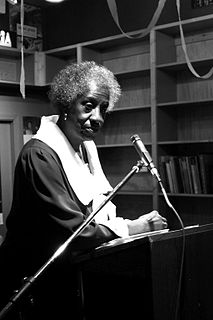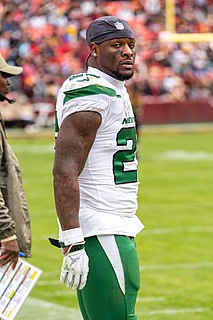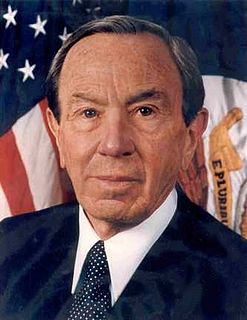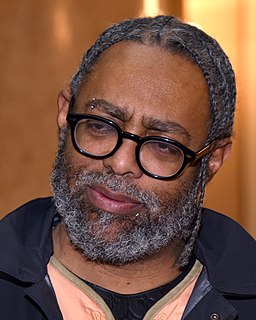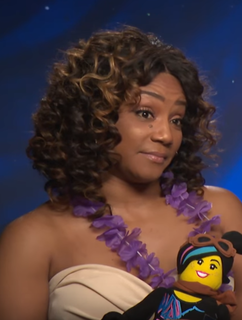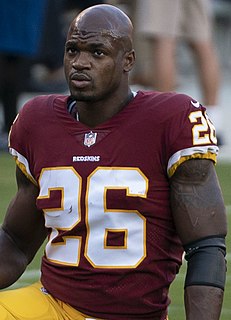A Quote by Unita Blackwell
To make a small town achieve its potential, you need everybody. When a blind person carries a crippled person who can see, both of them get where they're going.
Related Quotes
When you first time you fall in love, you think that is going to be your whole life project, loving someone. It burns your brain, you kind of become blind, the moment you see the person you're in love with you want to see that person again and again and again, kiss that person, hug that person. You turn blank to the rest of the world.
What I see is trying to make sure that everybody thinks you have more than what you actually have. What’s the point if you actually don’t have it? If you don’t have it, then you don’t have it. Have what you have. Enjoy that . . . The craft is everything. Don’t be afraid of not being the wealthiest person in the room. Be the smartest person in the room. Be the slickest person in the room. Be the most creative person in the room. Be the most entertaining person in the room. Just be in the room.
I always feel like when I work with people, I work with everybody - from the person that's working the camera to the person that's running the water to the person that's putting the clothes on me, the person that's combing my hair, my makeup, the person that's like, 'You gotta sign these papers.' I try to hang out with everybody.
The act of compassion begins with full attention, just as rapport does. You have to really see the person. If you see the person, then naturally, empathy arises. If you tune into the other person, you feel with them. If empathy arises, and if that person is in dire need, then empathic concern can come. You want to help them, and then that begins a compassionate act. So I'd say that compassion begins with attention.
